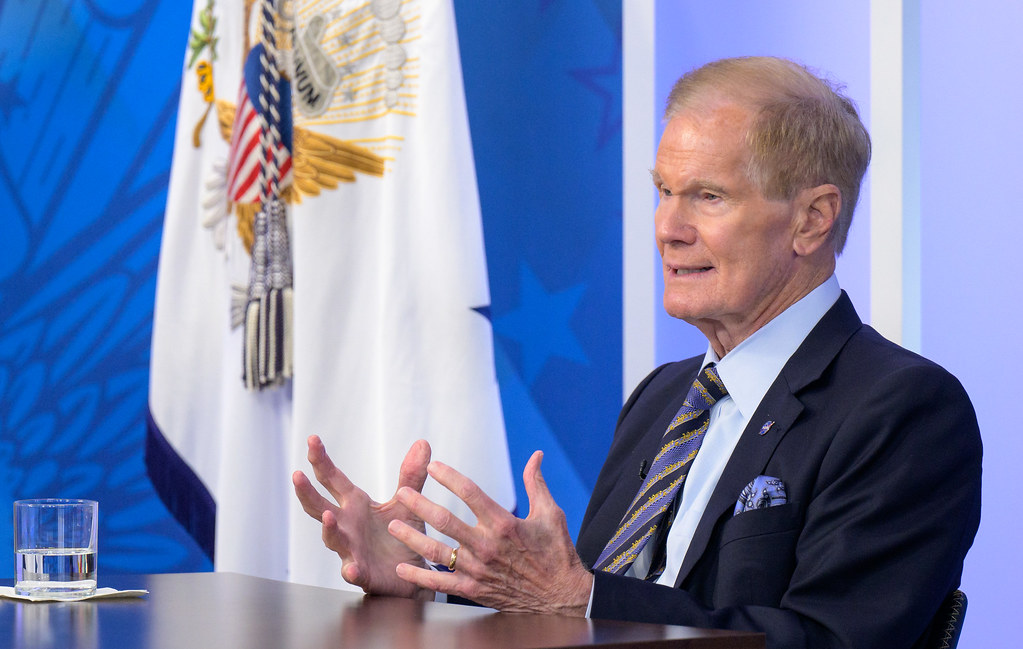In the bustling city of Aurora, Colorado, 67-year-old Lori Shelton’s struggle to keep up with rent exemplifies a national crisis that is shaping voter sentiment ahead of the presidential election. Driving for Uber to make ends meet, Shelton’s financial tightrope walk is a stark illustration of the housing affordability crisis gripping the United States—a crisis that has been brewing for decades due to a failure to build enough homes for a growing population. This shortage not only undermines the American dream of homeownership but also casts a shadow over the economy’s perceived strength.
The Harvard University analysis reveals a record number of renters are spending an excessive portion of their income on housing, with not enough homes for sale or under construction to alleviate the pressure. This has kept prices high and, coupled with mortgage rates that have more than doubled, has pushed the dream of homeownership out of reach for many. The Census Bureau’s report of a slight decline in homeownership at the end of last year, despite a solid economy, underscores the gravity of the situation. Shelter costs have inflated to such an extent that without them, inflation would be at a manageable 1.8%, rather than the current 3.2%.
Shaun Donovan, a former secretary of Housing and Urban Development and current leader of Enterprise Community Partners, calls this the worst housing affordability challenge he has seen in his 30-year career. It’s a bipartisan issue that has spread from traditionally Democratic areas to Republican states, signaling a shift in the national political landscape.
The path of 30-year mortgage rates could be decisive for the November election, according to Mark Zandi, chief economist at Moody’s Analytics. With rates averaging around 6.74%, a drop to 6% could favor President Joe Biden, while a rise near 8% might tip the scales for Donald Trump. The affordability crisis means that for many potential first-time homebuyers, higher rates would render homeownership completely unattainable, deeply impacting their perception of the economy.
President Biden has acknowledged the pain felt by many, proposing funding for the construction and preservation of 2 million housing units and a tax credit for homebuyers. Despite these efforts, the shortage persists, and the solutions offered are not immediate. Trump’s presidency saw the housing shortage surge by 52% to 3.8 million units, and his campaign’s silence on policy plans leaves questions about his approach to the crisis.

Economists like Mike Faulkender of the America First Policy Institute suggest that reducing government borrowing to lower mortgage rates is key, rather than subsidies that could exacerbate unaffordability. However, most economists agree that lower rates would only provide temporary relief, with construction being the more sustainable solution. This requires new rules by states and cities, a process that is largely beyond the White House’s control.
The economic implications of high housing costs are far-reaching, with people cutting back on other spending and landlords potentially neglecting properties due to a constant supply of tenants. Evictions carry additional societal costs, as highlighted by Zach Neumann of the Community Economic Defense Project, who points out the significant financial burden of evicting poorer renters. As the debate on how to increase housing supply continues, the immediate needs of renters like Lori Shelton remain pressing.
With the general rule that housing should not exceed 30% of income, the reality that a typical household must devote 41% to mortgage payments is a clear indicator of the severity of the crisis. The housing affordability issue is not just an economic challenge but a pivotal factor in the political arena, influencing voter sentiment and potentially the outcome of the upcoming election.
Related posts:
Why are so many voters frustrated by the US economy? It’s home prices
Why are so many voters frustrated by the US economy? It’s home prices
Many voters frustrated by home prices





